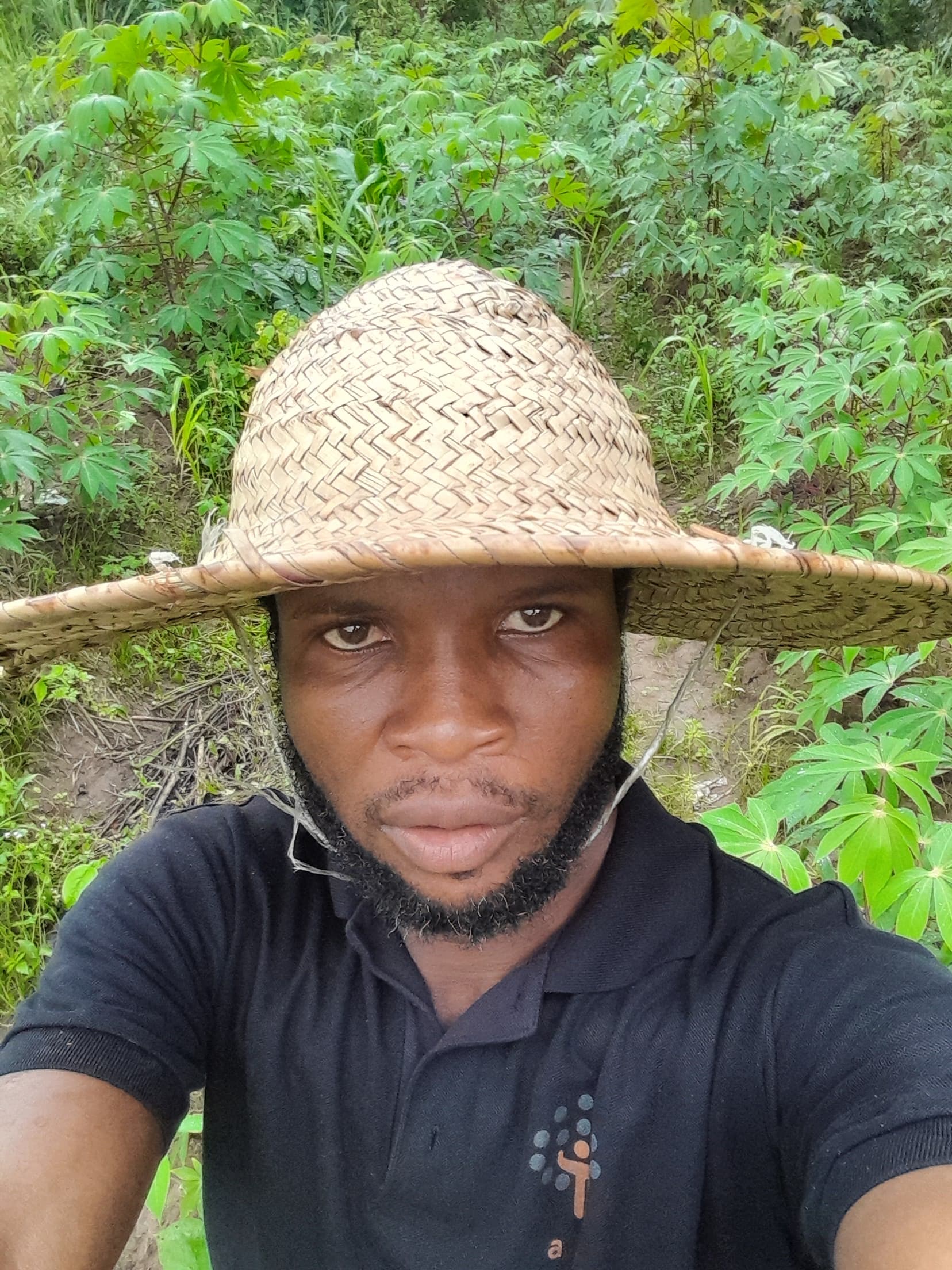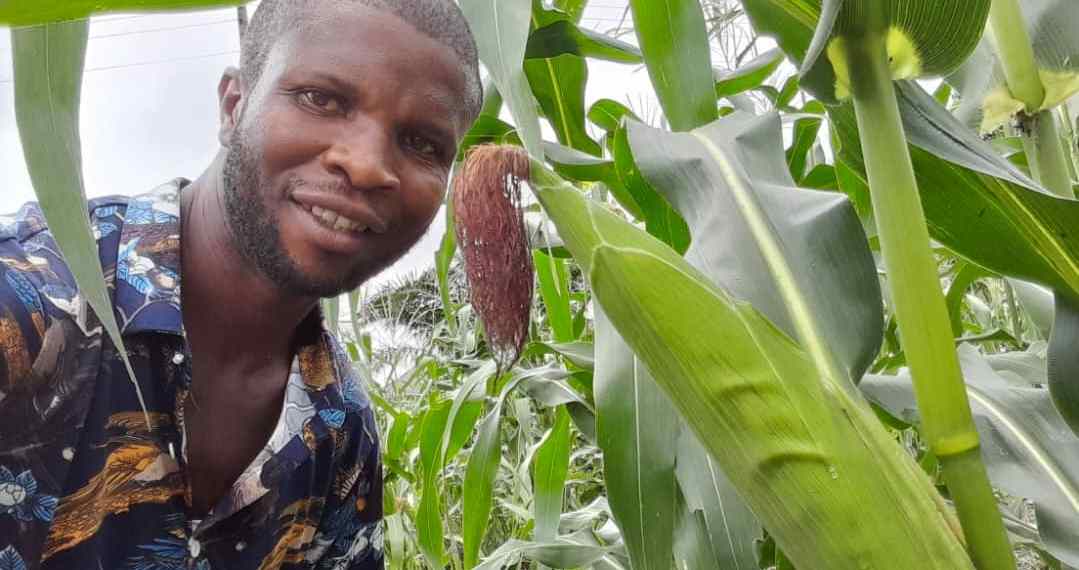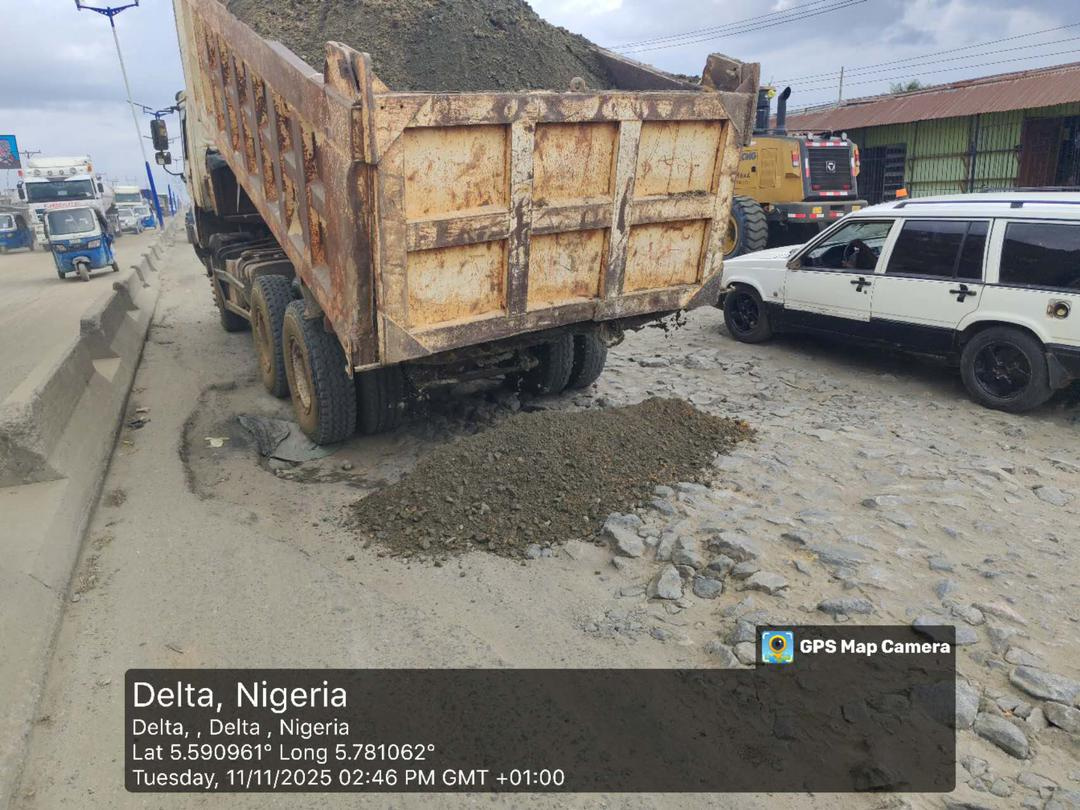Donald Iheaturu, a lecturer based in Awka and an enthusiastic farmer, stands out in Nigeria’s agricultural landscape for his creative use of technology to drive food security. In a recent conversation, Iheaturu sheds light on how digital advancements, especially artificial intelligence (AI), are shaping his dual career and the wider agricultural sector in West Africa.
The Fulfilment of Technological Farming: Iheaturu’s Journey
For Mr Iheaturu, agriculture has always been more than a profession—it’s a calling rooted in his early years. “I picked an interest in farming as a child. I always wanted to go into farming,” he explains. Despite the financial unpredictability attached to the vocation, Iheaturu says the joy he gets from both lecturing and farming is deeply rewarding. “I am fulfilled being a farmer, and I am fulfilled being a lecturer,” he adds, noting that empowering others with agricultural knowledge brings him “great joy.”
AI in Education and Agriculture: Boon or Bane?
Among Nigeria’s educators, there is growing debate about the rise of AI tools in academia. According to Iheaturu, the effects are double-edged. On one hand, he observes that students frequently use AI shortcuts to tackle assignments—downloading solutions without fully grappling with the coursework. “This can diminish independent thinking, which is a significant negative impact of AI,” he says. Iheaturu stresses that true learning happens when students engage deeply with concepts, not merely by copying answers from ChatGPT or similar tools.
Yet, Iheaturu is quick to highlight the groundbreaking benefits AI brings to agriculture. “Gone are the days when a farmer was solely identified by a hat, hoe, and machete,” he notes, describing a sector in transformation. Today, AI-connected devices—including drones with IoT (Internet of Things) capabilities—allow farmers to remotely monitor crop health, detect pests or diseases, and access real-time data via smartphones or tablets. This shift is reshaping what it means to farm in Nigeria and beyond, offering hope amid concerns about food insecurity and climate change.
He points out several digital breakthroughs now streamlining agricultural labour: drones for irrigation or planting, and mobile apps that simplify tasks such as booking tractors or purchasing equipment—all from the comfort of home or farm. Farmers can now compare service prices or coordinate logistics with a few taps, boosting efficiency and transparency.
The days of waiting for agricultural extension officers to visit and diagnose crop issues are fading quickly. Farmers, even in remote areas, can now source expert advice via their phones. “With a few clicks on a smartphone, farmers can access solutions instantly,” Iheaturu notes, underscoring how these tools help level the playing field for smallholders across West Africa.

Solving Old Problems with New Tech: The Yamminisett Innovation
Iheaturu’s hands-on experience with AI-influenced technology is perhaps best demonstrated by his use of Yamminisett technology. He explains, “This is a technology whereby you can split yams into so many pieces, as little as your fingernails put together, and still plant them and get a very robust yield.” Traditionally, a farmer would plant a whole tuber and reap just one or two yams. Now, by leveraging online resources and AI-driven tutorials he found on platforms like YouTube, Iheaturu can multiply his harvest with far fewer resources.
He mentions that he learned this after his university graduation—without guidance from a formal institution. The practical benefits are clear: “For you to ask me to come and teach you, or to teach your community, I will charge you very well, because I know that it is something that once you learn it, you will never regret how much you spent to acquire the knowledge.”
Iheaturu highlights the use of AI in growing crops such as tomatoes, which are typically considered “northern crops” in Nigeria. By carefully studying tomato cultivation online, he succeeded in producing abundant crops in the southern region. “There are countless things that I have learnt from AI,” he admits, citing AI’s role in tackling unique local agricultural challenges.
Smart Farming Tools: Bridging Gaps with Mobile Apps
These days, mobile apps with AI capability further revolutionize farming in Nigeria and West Africa. Iheaturu reveals that he uses a simple app which helps him diagnose plant diseases on the field. “Then you click on the camera, place the leaf under it, take a picture… and ask what is this? And what are the possible diseases that could be affecting this plant?” he says, noting how the same app can be repurposed to identify foreign currencies and unknown objects—an example of cross-disciplinary innovation that boosts productivity.
Lecturing on the Go: AI as a Lifesaver for Educators
Emergencies are part of the academic life, and Iheaturu’s story of preparing for a lecture in less than 12 hours highlights how AI can rescue the day. “I didn’t even have my laptop with me,” he recalls. By directing a specific AI tool to prepare PowerPoint slides, generate visuals, and even suggest crafts, he managed to prepare a high-quality presentation using only his phone. He admits the initial draft needed edits for accuracy and human warmth, but he accomplished the task within two hours—a testament to the speed and flexibility of new digital learning solutions.
He cautions, however, that while AI can ease workloads, it is essential for professionals “not to abuse it.” According to several education experts, like Dr. Ifeoma Ogu, embracing AI “should enhance, not replace, human ingenuity and critical thinking.”

Social Media and Career Development: The Hidden Influence
One lesser-known factor in Iheaturu’s career growth is the power of social media. He recounts how, back in 2015, after being offered a job in Lagos, his future at the institution was sealed not by his CV, but by the advocacy of a deputy provost who showcased Iheaturu’s agricultural exploits on Facebook. “He said the man saw it and told the registrar to cancel my recommendation to the other institution, because they would be taking me,” Iheaturu recalls. Ultimately, while he did not take the role, he reflects on how his digital footprint helped shape academic opportunities.
Iheaturu notes that many Nigerians today look to social media platforms primarily for monetisation. He, however, focuses on showcasing his agricultural initiatives and educational pursuits online. “Out of the few jobs that I do, most of them do come from Facebook, because I practically put everything that I do online,” he says, highlighting the platform’s potential for career development and networking, even beyond formal monetisation opportunities.
Nigerian Agriculture in Context: The Road Ahead
Mr Iheaturu’s story is just one example within a broad movement to modernize agriculture across Nigeria and West Africa. According to Nigeria’s National Bureau of Statistics, agriculture contributes more than 20% of the nation’s GDP, yet millions of smallholder farmers still face challenges such as low yields, access to markets, and unpredictable weather patterns. Technology—aided by AI and digital platforms—offers tools to address these issues, but careful management and inclusive policies are crucial for widespread success. Local innovators and extension services must ensure that technology is affordable, culturally relevant, and remains a complement to human expertise, not a replacement.
In Ghana and other West African countries, similar tech adoption is underway. Programs such as the Ghana Digital Centers Initiative and Nigeria’s ongoing e-agriculture drives are reporting higher farmer engagement rates, improved logistics, and new jobs for young people. These efforts underscore the transformative impact that tech-savvy practitioners like Iheaturu can have, not just in their communities but across the region and continent.
Balancing Risks and Rewards: The Big Picture
While optimism about AI and technology runs high, experts urge caution. There are concerns about over-dependence on digital tools, data privacy, and ensuring that rural farmers—who may have limited digital literacy—are not left behind. Nonprofit organizations, including the Alliance for a Green Revolution in Africa (AGRA), have called for greater investment in farmer training, digital infrastructure, and robust legal frameworks to protect stakeholders.
As Nigeria and its West African neighbours step further into the digital age, stories like Donald Iheaturu’s offer a glimpse into what is possible—when tradition meets innovation, and when technology is deployed not for its own sake but to empower people and address urgent local challenges.
How do you think AI and technology can reshape agriculture and education in Nigeria and West Africa? What challenges or opportunities do you foresee as more farmers and educators embrace digital tools? Drop your thoughts below and let us know what changes you’d like to see! For more inspiring stories and the latest updates, follow us on our social channels.
Have a story you want to share or sell? We’d love to hear from you! Email us at story@nowahalazone.com to get your story featured or discuss story sales.
If you’ve got tips, feedback, or want to comment on this feature, reach us anytime at support@nowahalazone.com.
Be part of the conversation! Follow us for more on Facebook, X (Twitter), and Instagram. Get the latest news, local success stories, and updates that matter to West Africans!










